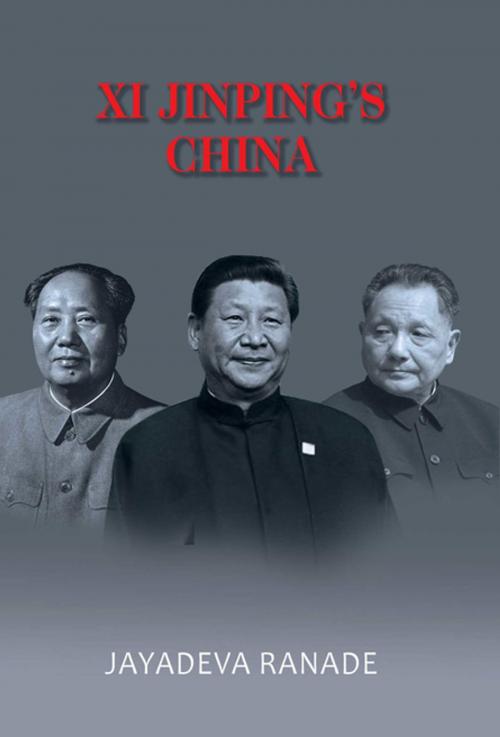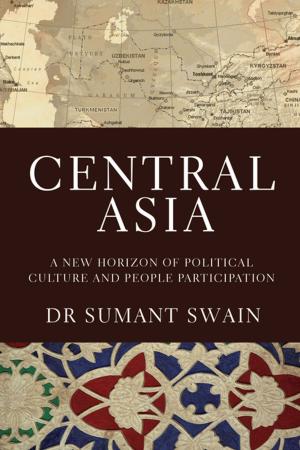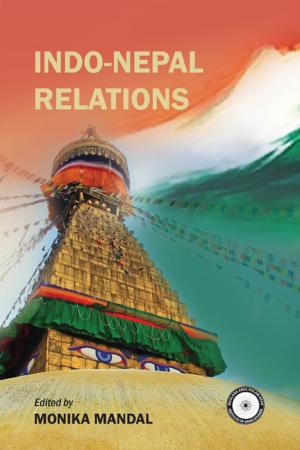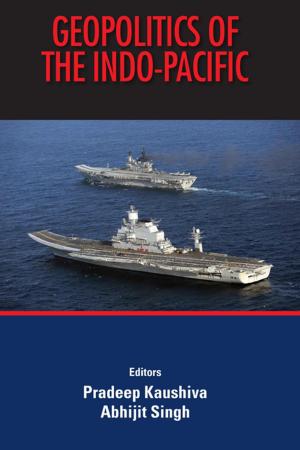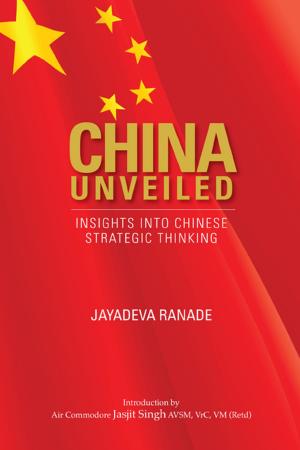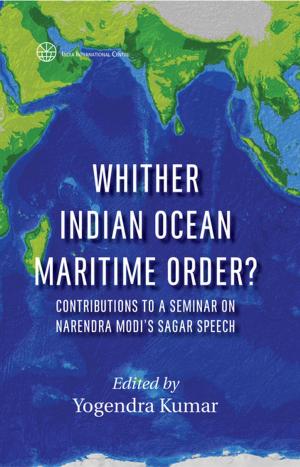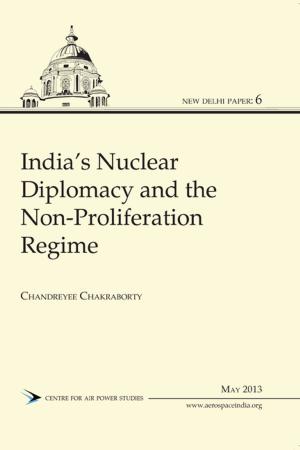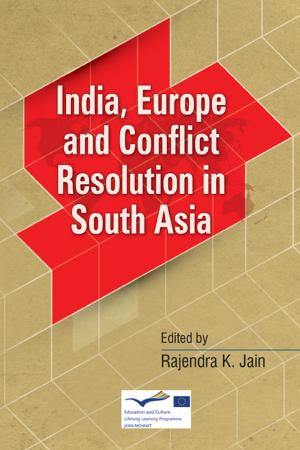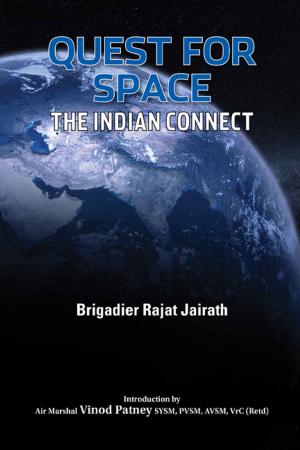Xi Jinping's China
Nonfiction, Social & Cultural Studies, Political Science, Politics, Arms Control, Government, Communism & Socialism| Author: | Mr Jayadeva Ranade | ISBN: | 9789386288912 |
| Publisher: | KW Publishers | Publication: | September 15, 2017 |
| Imprint: | KW Publishers | Language: | English |
| Author: | Mr Jayadeva Ranade |
| ISBN: | 9789386288912 |
| Publisher: | KW Publishers |
| Publication: | September 15, 2017 |
| Imprint: | KW Publishers |
| Language: | English |
The book examines how since his appointment to China’s three top posts – simultaneously for the first time in 30 years – Xi Jinping has deftly used ideology and nationalism to accumulate power and ensure the Chinese Communist Party (CCP)’s legitimacy and monopoly on power. Xi Jinping has imposed progressively stricter domestic measures leading to the steady hardening and inflexibility of the Chinese state. It looks at the reforms in the Party, Government and Military and the unprecedentedly sustained and bruising drive against corruption in the People’s Liberation Army (PLA). In the process, Xi Jinping has eliminated political rivals and whittled down opposition to the most extensive and far reaching reforms the PLA has witnessed in its 90 years. Developments related to Tibet are especially analysed. The book analyses China’s ‘One Belt, One Road’ – now called the ‘Belt and Road Initiative’ – and the China-Pakistan Economic Corridor initiatives, intended to alter its strategic environment and expand power and influence well beyond its borders and up to Europe. It concludes that China will squeeze the strategic space of its neighbours. China’s rise and bid to establish itself as the dominant power in the Indo-Pacific, however, will not be uncontested. India, Japan and the USA’s response will be important.
The book examines how since his appointment to China’s three top posts – simultaneously for the first time in 30 years – Xi Jinping has deftly used ideology and nationalism to accumulate power and ensure the Chinese Communist Party (CCP)’s legitimacy and monopoly on power. Xi Jinping has imposed progressively stricter domestic measures leading to the steady hardening and inflexibility of the Chinese state. It looks at the reforms in the Party, Government and Military and the unprecedentedly sustained and bruising drive against corruption in the People’s Liberation Army (PLA). In the process, Xi Jinping has eliminated political rivals and whittled down opposition to the most extensive and far reaching reforms the PLA has witnessed in its 90 years. Developments related to Tibet are especially analysed. The book analyses China’s ‘One Belt, One Road’ – now called the ‘Belt and Road Initiative’ – and the China-Pakistan Economic Corridor initiatives, intended to alter its strategic environment and expand power and influence well beyond its borders and up to Europe. It concludes that China will squeeze the strategic space of its neighbours. China’s rise and bid to establish itself as the dominant power in the Indo-Pacific, however, will not be uncontested. India, Japan and the USA’s response will be important.
